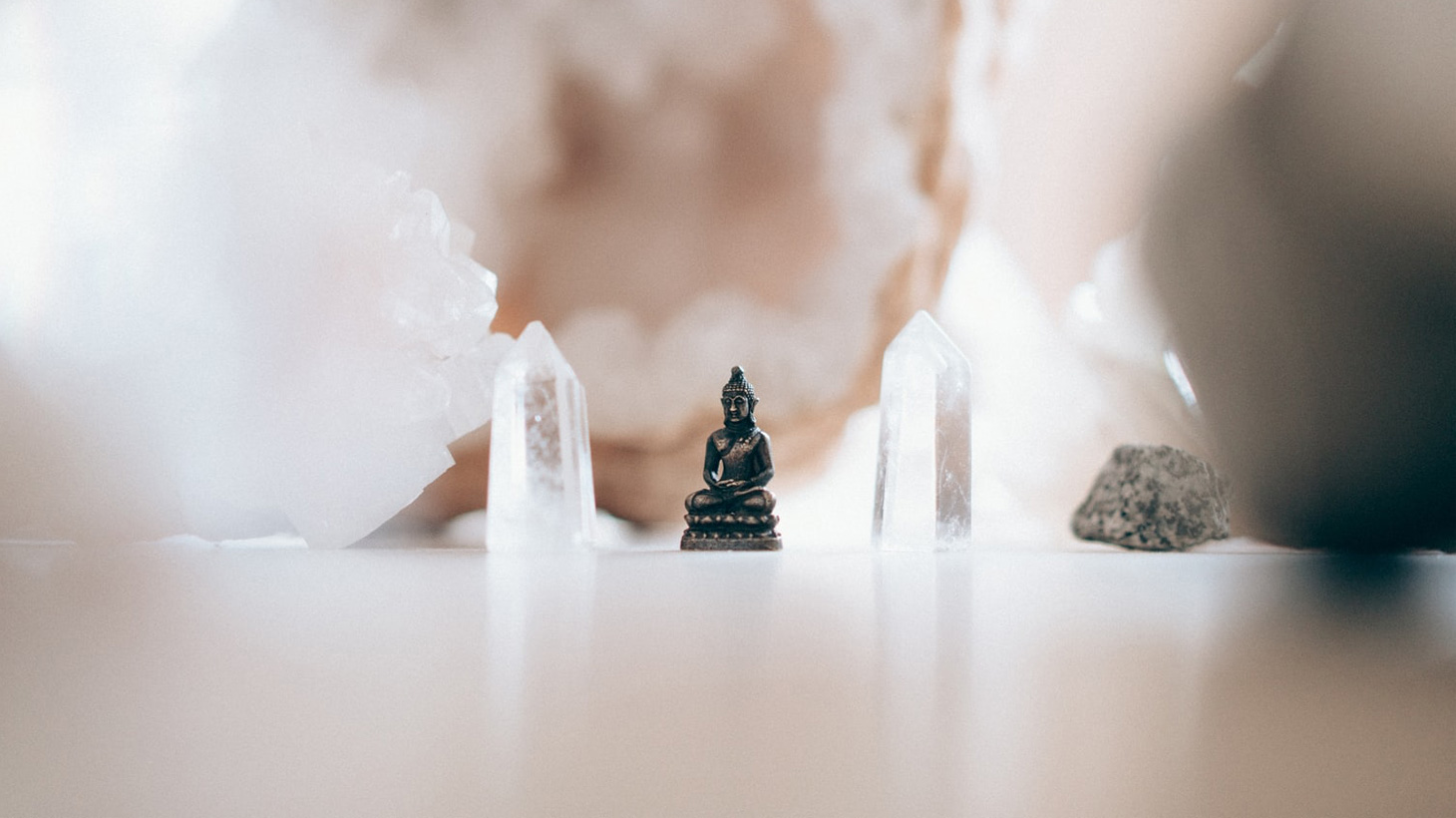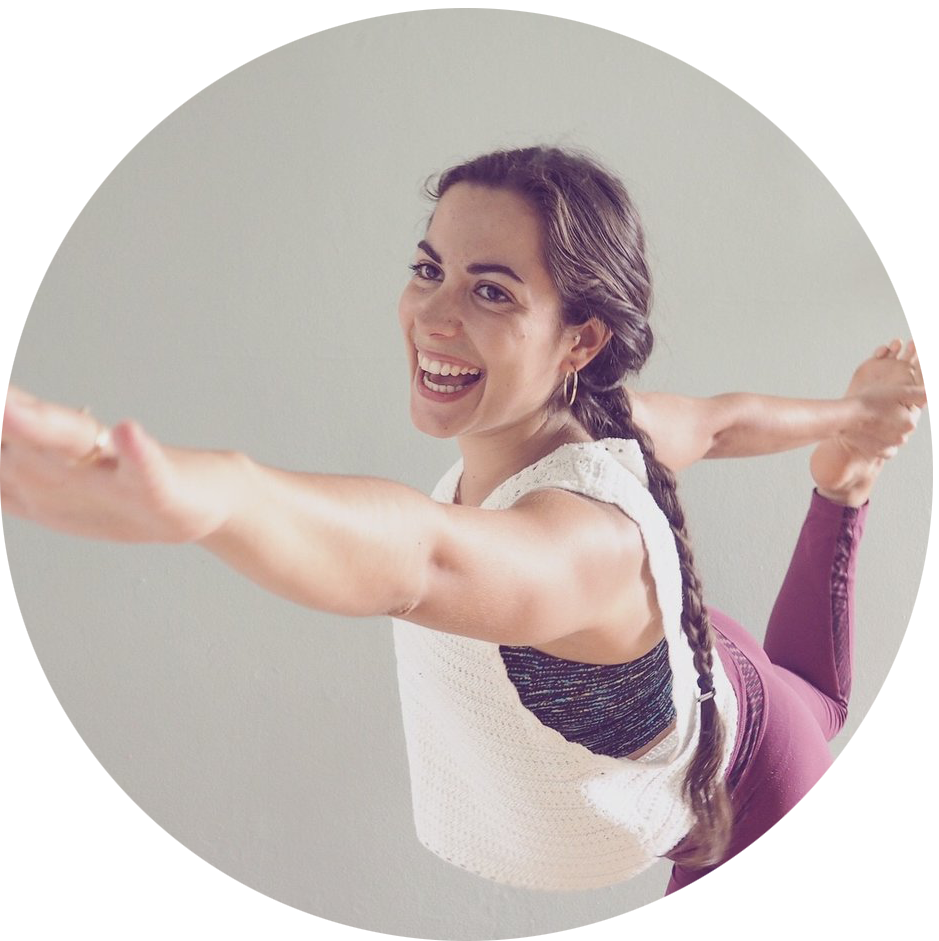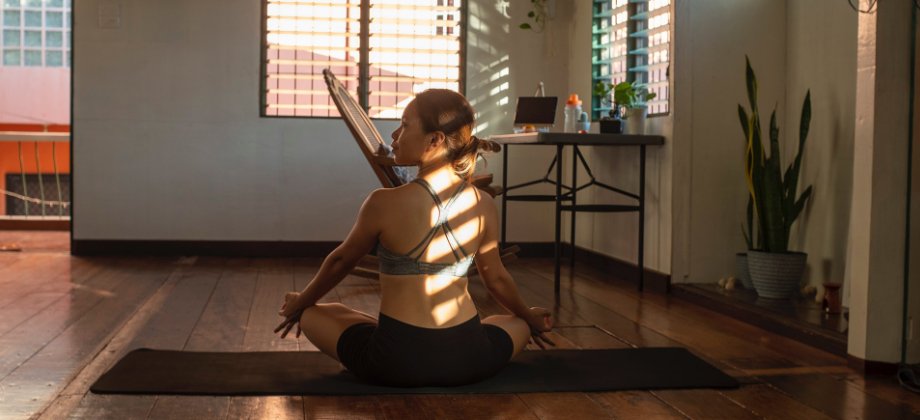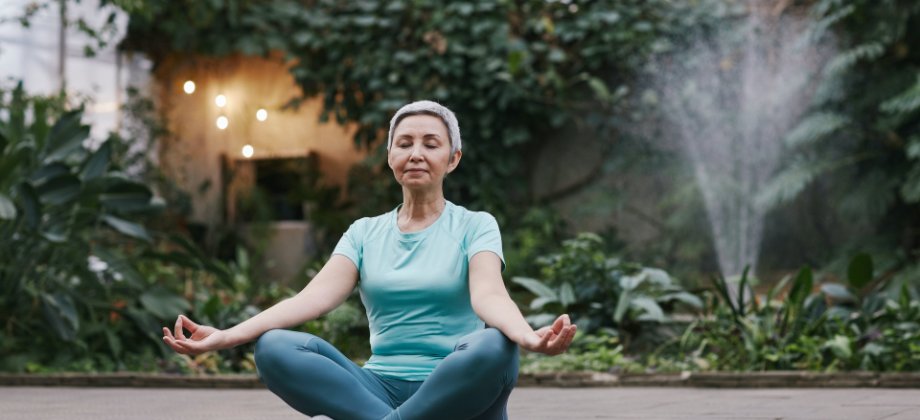
How to Make Sure Your Yoga Studio is Ethical
In our fast-moving world, it has become increasingly important to bring ethics into the business mix. As a yoga studio owner, you have an incredible opportunity to lead by example, making decisions that will have a bigger impact on the community you create, but also on the world at large. If you want to make sure your yoga studio is ethical, it’s important to ask yourself a couple of questions regarding the processes you have in place.
As a yoga studio owner, you have an incredible opportunity to lead by example, making decisions that will have a bigger impact on the community you create, but also on the world at large.
A good starting point, especially if you come from the corporate world, is to establish which things you don’t agree with despite the fact that they’re so common in the business world. For example, if you don’t think it’s fair to sack people from one day to the other, don’t do it. If you think your teachers should have access to a minimum of healthcare, make it your mission to investigate what you can do to make it possible. If you think the cleaning lady should be as much of a part in your staff, then take the lead and include her in staff meetings.
Now, here are 4 important questions to ask yourself when it comes to the decision-making that goes behind your yoga studio management.
Do your teachers earn the money they deserve for their hard work?
If you own a yoga studio, you’re either a yoga teacher or have a pretty good idea of what the job of a yoga teacher entails. You know it takes more than just 60 or 90 minutes of class, and the pay you offer for your teachers should reflect that. Take into account the travel time they need, maybe also giving them the opportunity to teach more than one class a day to limit travel time.
If you have experienced teachers, see if you can find a way to value their advanced training and the quality of their teaching. Right now, industry standards are low and it’s very hard for experienced yoga teachers to make a fair living off of yoga teaching, especially living in big cities. While this might be hard given the realities of keeping a studio alive, keep in mind that your teachers are the heart of your studio and when picked well, they bring tremendous value to the place.

Where does your yoga merch come from?
It’s not uncommon to have (or plan to have) a shop or boutique at yoga studios. By dedicating as much intention, attention, and energy into choosing what your yoga merch is, where it comes from, and who made it, you’re using your studio as a window into what ethical business practices really mean. By bringing ethical initiatives of fellow wellness workers before your students’ eyes, you bring the topic of following yogic principles even off the mat. You turn tee-shirts and jewelry into conversations starters and raise awareness around the fact that how we spend our money has a bigger impact that we may think.
It’s also an amazing opportunity to support the causes you believe in, and to have every action of the studio aligned with your values and the values of yoga. So before you bring a brand or start working with a supplier, ask yourself: what’s the energetically impact of the clothes, jewelry, stationary you have at your studio? Is there a way to lower it? Do you favor local initiatives over those that come from far away? Who are sales benefitting? Do the working conditions of those who make the goods match ethical standards?
There are so many incredible ethical businesses to support nowadays, so it’s your chance to support them as well.
Is this cultural appreciation or appropriation?
Cultural appropriation has been a hot topic in the yoga world recently, and for good reason: it’s so easy to make mistakes unintentionally, especially now that practicing yoga has become much more common that it used to be. While it’s good to remember that whenever a practice is alive, it’s bound to evolve where it’s practiced, it’s also crucial to pay attention to how we approach such practice, and to honor its roots and origins the way we can.
Here are a few questions you can start with, as a studio owner, to ask whether the practice of yoga and its origins are respected and appreciated rather than appropriated:
What does your merch say? Are the om sign and Indian deities on tee-shirts, notebooks, and stickers, and if so, why? Do you know their meaning, and do you encourage students to get curious about them too?
What’s the place of Sanskrit in what you offer? For example, do you know the meaning of namaste, and do you encourage your teachers to be curious about it? Are poses names in Sanskrit, and why or why not?
How much do your teachers know about the origins of the practice, and do they understand the intention and reasons behind aspects of the practice, like chanting or pranayama? Do you create a space for their questions?
When it doubt, it’s important to ask yourself why you make this or that decision, and to keep in mind the consequences of the decisions you’re making. If you can, go to Indian yogis and yoga teachers to ask how you can avoid cultural appropriation.
Are your classes as inclusive as you think?
For yoga to be ethical, we will all agree that it should be accessible to all —black, white, big, small, rich or poor— but the idea is much easier said than put into practice. For classes to be inclusive, they need to give space to anyone who might come with their own mental and physical limitations and still allow them to practice.
For example, a class that is not inclusive encourages students to take child’s pose (https://shutupandyoga.com/enough-with-childs-pose-a-practical-guide-to-accessible-yoga/) when they don’t know how to, don’t feel like, or cannot get into an inversion like handstand or crow pose. Making it inclusive would mean giving students options of poses progressions in order to help them feel similar sensations to the option of getting into handstand or crow pose.
Right now, most vinyasa classes offered out there aren’t as inclusive as we might think. As much as you can, make time for teachers to share the ways they increase inclusivity and research how you can help them do that.
It is not easy, but it’s an opportunity to step into the shoes of leader and make an all-encompassing impact on the lives of your community.
There you have it, a list of questions to keep in mind and to come back to in order to make sure your yoga studio is ethical. It is not easy, but it’s an opportunity to step into the shoes of leader and make an all-encompassing impact on the lives of your community. You also elevate the industry standards, paving the way for business endeavors that match the yogic way of life.






